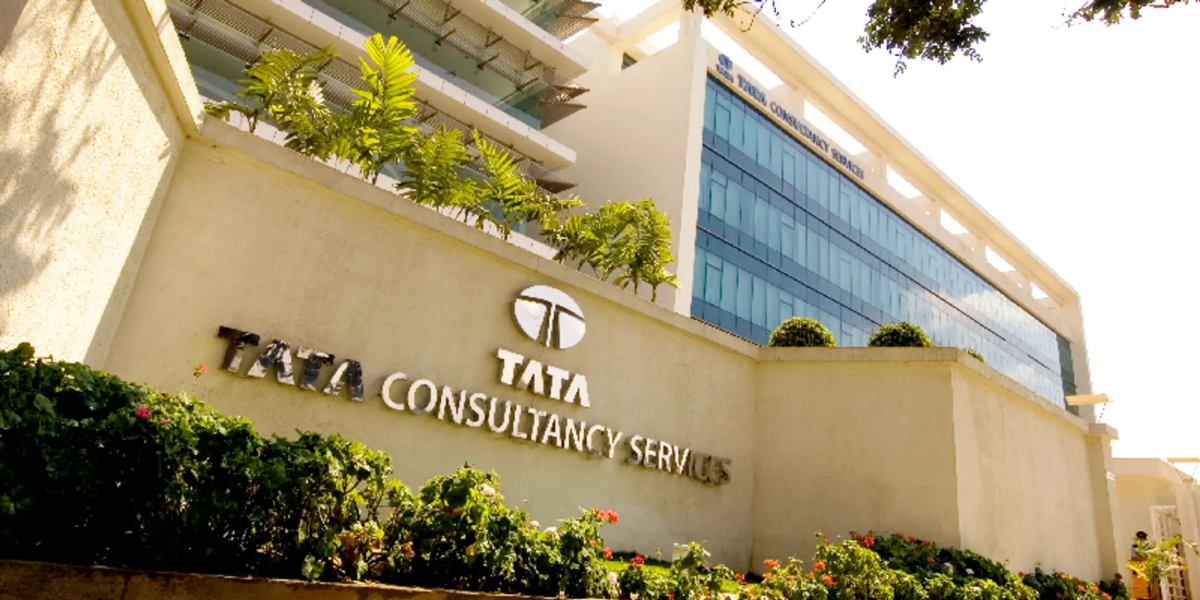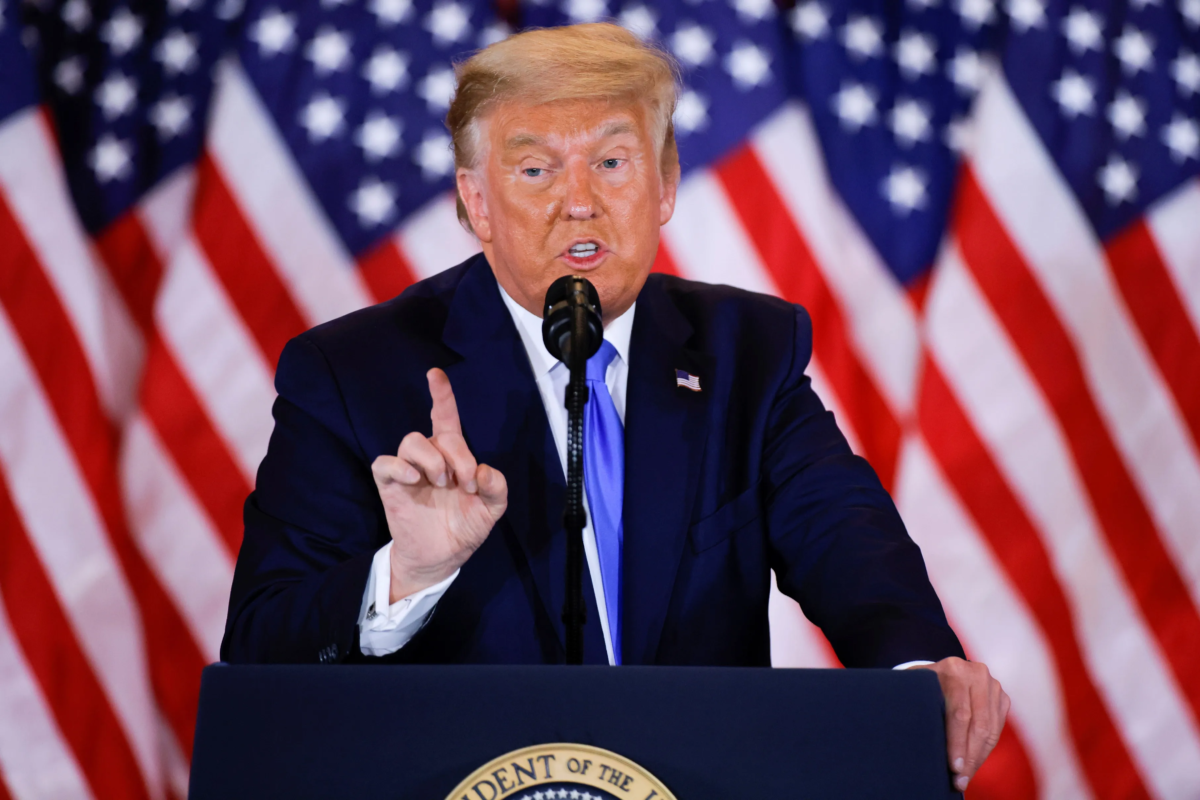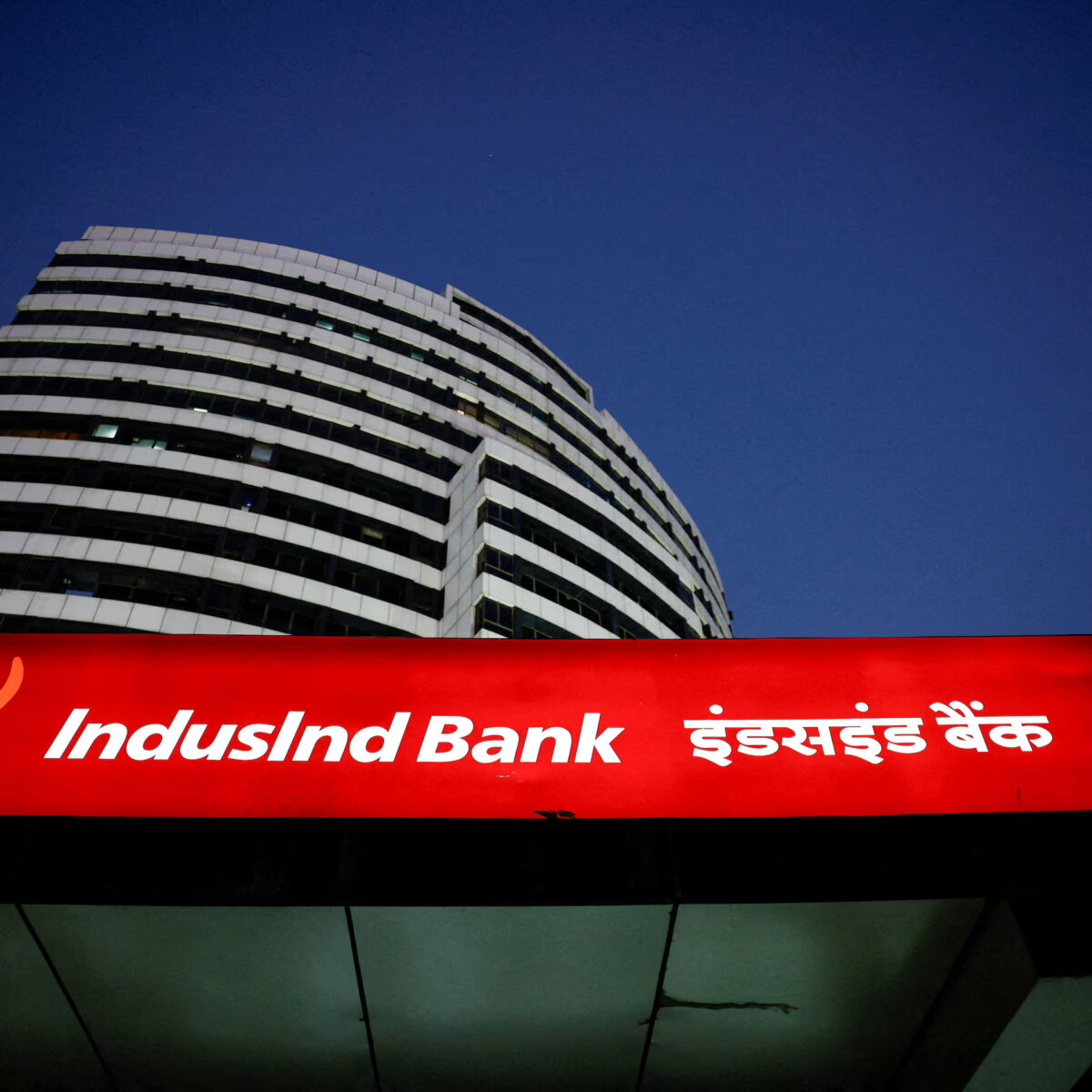Nithin Kamath has advice for investors: “Take a break from trading and recharge”. The co-founder and chief executive officer of Zerodha said this on X amid market volatility driven by global uncertainties, including Donald Trump’s now-suspended tariff announcements.
Kamath’s advice on Wednesday came when domestic benchmark indices extended their losses, despite the Reserve Bank of India cutting the repo rate and changing its monetary stance. Indian equity indices ended on a negative note with Nifty down 136.70 points at 22,400. BSE Sensex closed 379.93 points down at 73,847.15. Whereas today Sensex rises 1310 pts, Nifty above 22800.
Indian stock markets have as of April 9 dropped over 15 per cent from the 52-week seen in September 2024. The Wednesday slump wiped out gains made by retail investors during the post-pandemic market rally. Markets rebounded on Friday, with the Sensex gaining 1,300 and the Nifty settling at 22,828.55.
“Over the next 10 days, there are only 4 trading days. It’s not a bad idea to take a break from trading and recharge,” Kamath posted on X.
Kamath said the market is not suited for active trading. He referred to materials from Zerodhaversity, his stockbroking firm’s investor education platform, to stress the need for mental preparedness and situational awareness in trading “It is vital for one’s survival to know when to stay out of the markets. Trading profitably requires that you monitor the market moods and your psychological moods. When either one is not conducive to trading, it’s best to stand aside and wait for the situation to change.”
Caution against panic and poor decisions
Kamath warned that many investors who entered the market after the pandemic may not have faced a downturn of this nature before. This unfamiliarity can lead to anxiety and poor risk management, he said.
He cautioned against assuming that this downturn is simply a buying opportunity. “By the way, if markets fall sharply, investors might stay out of the market for years—just like they did after 2008,” he noted.
Why Kamath is recommending caution
Kamath believes inexperienced investors are at risk in such volatile conditions. He reckons that taking a pause now could help avoid lasting financial damage. His message echoes sentiments from an old podcast by Jerry Parker, founder of Chesapeake Capital Corporation and a known ‘Turtle Trader’, which Kamath cited in his post.
Here are the key takeaways from the podcast that Kamath highlighted:
Live to play another day
Kamath referred to legendary trader Jerry Parker’s rule on cutting positions when losses begin to mount.
“This is a Turtle Rule. When you have a drawdown, you reduce your positions twice as fast as the drawdown. So, if you’re down 10%, you should reduce your positions by 20%,” Parker said in the clip shared by Kamath.
According to Parker, many traders hold on to losing stocks hoping they’ll recover, while booking quick profits out of fear they’ll vanish. “When you have a loss, you’re thinking, I’m hopeful that it’s going to come back… but that’s when you should be fearful,” he said. On the other hand, he added, “when we have big profits, we’re very fearful it’s going to turn into a smaller profit, but that’s when we should be very hopeful.”
Avoid self-inflicted mistakes
Kamath echoed Parker’s view that over-trading and not following a disciplined strategy are common traps. “Most of that was all self-induced anxiety,” Parker said in the podcast. “The two biggest mistakes we make? Over-trading and not following your system.”
Top-notch SEBI registered research analyst
Best SEBI registered Intraday tips provider
Telegram | Facebook | Instagram
Call: +91 9624421555 / +91 9624461555





